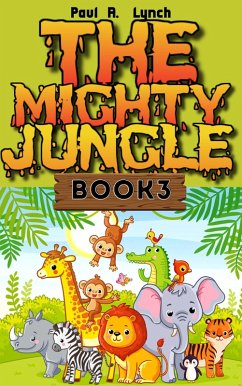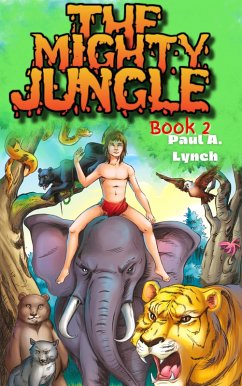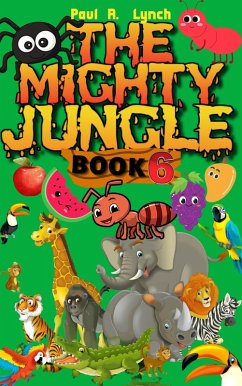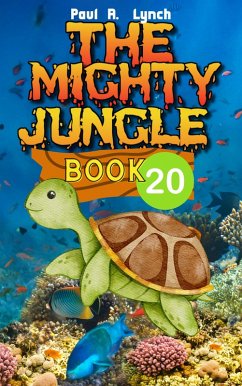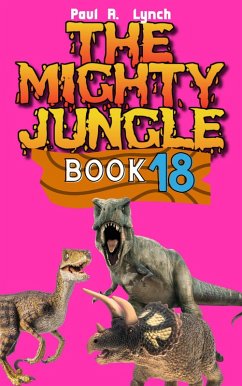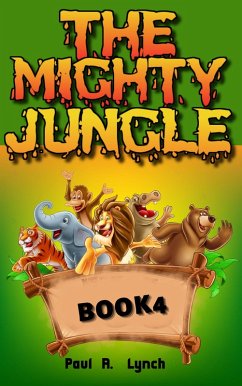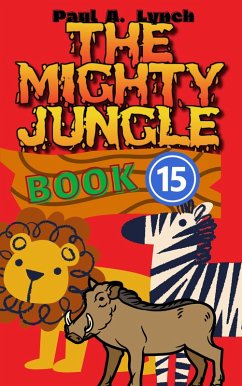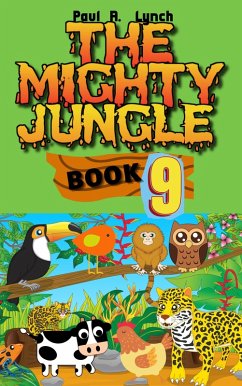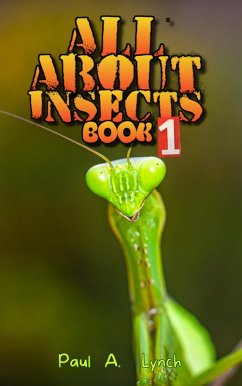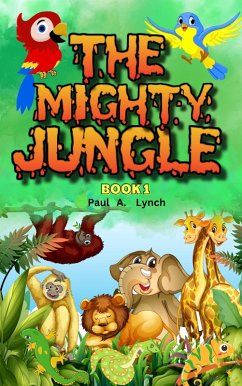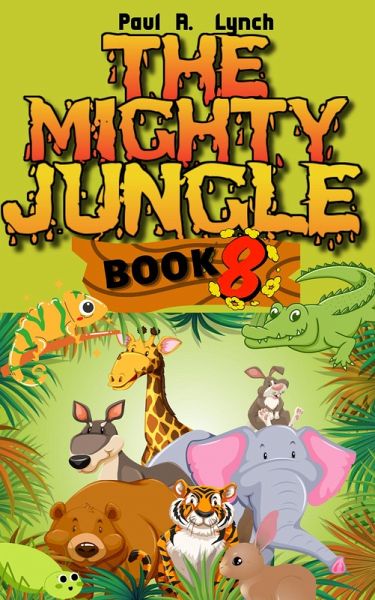
The Mighty Jungle (eBook, ePUB)

PAYBACK Punkte
0 °P sammeln!
Animal diversity goes far beyond dogs, cats and people. That's a lot more than The Zoo or even the Discovery Channel. Movies only show the big, impressive ones, like man-eating tigers and man-eating sharks. It's a shame, because the monsters in the movies don't come close to the real thing.Dogs hold the record for the most diverse land mammals in the world, says Elaine Ostrander, a geneticist who studies dogs at the National Institutes of Health. The largest dog is 40 times larger than the smallest dog. They have different coats, head shapes, muzzles and demeanor. Ostrander's work revealed the...
Animal diversity goes far beyond dogs, cats and people. That's a lot more than The Zoo or even the Discovery Channel. Movies only show the big, impressive ones, like man-eating tigers and man-eating sharks. It's a shame, because the monsters in the movies don't come close to the real thing.
Dogs hold the record for the most diverse land mammals in the world, says Elaine Ostrander, a geneticist who studies dogs at the National Institutes of Health. The largest dog is 40 times larger than the smallest dog. They have different coats, head shapes, muzzles and demeanor. Ostrander's work revealed the DNA differences that make this variability possible.
Human alteration of the environment-through agriculture, urbanization, deforestation, pollution, climate change, and more-has both negative and positive effects on wildlife. For example, "laying heaven [or rather hell?] to build a parking lot" prevents the existence of animals that would otherwise live there. Even if a habitat isn't destroyed, humans can change the composition of the species that live there. For example, if an invasive species lives shorter than a native species and has more surviving offspring than a native species, it suffers more overall. Of course, the reverse is also true.
It is important to know who we are with on Earth. We talk about animal protection with numbers, but those are just numbers.
Dogs hold the record for the most diverse land mammals in the world, says Elaine Ostrander, a geneticist who studies dogs at the National Institutes of Health. The largest dog is 40 times larger than the smallest dog. They have different coats, head shapes, muzzles and demeanor. Ostrander's work revealed the DNA differences that make this variability possible.
Human alteration of the environment-through agriculture, urbanization, deforestation, pollution, climate change, and more-has both negative and positive effects on wildlife. For example, "laying heaven [or rather hell?] to build a parking lot" prevents the existence of animals that would otherwise live there. Even if a habitat isn't destroyed, humans can change the composition of the species that live there. For example, if an invasive species lives shorter than a native species and has more surviving offspring than a native species, it suffers more overall. Of course, the reverse is also true.
It is important to know who we are with on Earth. We talk about animal protection with numbers, but those are just numbers.
Dieser Download kann aus rechtlichen Gründen nur mit Rechnungsadresse in A, B, CY, CZ, D, DK, EW, E, FIN, F, GR, H, IRL, I, LT, L, LR, M, NL, PL, P, R, S, SLO, SK ausgeliefert werden.




